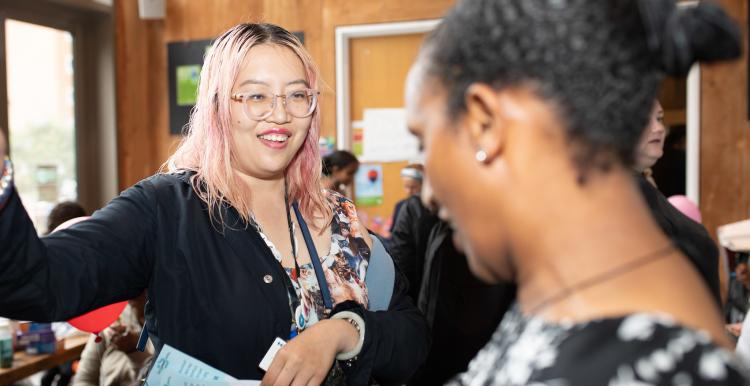Brighton and Hove STI Testing Week

Have you had your annual STI screening?
Everyone who is sexually active is recommended to test for STIs and HIV on at least an annual basis. Sexually transmitted infections are not uncommon among people who are sexually active. The most common ones are chlamydia and gonorrhoea but, thankfully, they're easy to treat.
You can have an STI without knowing it and you can't tell if someone has one just by looking at them. The best way to find out is by testing.
Remember, testing is quick and easy. Most people opt for online testing these days, where you order a kit online that is delivered to your door. You take the samples yourself and post them to the lab. You'll get your results back in a few weeks. It's easy and free.
Order your postal testing pack from: brightonsexualhealth.com/online-sti-testing
Brighton and Hove STI Testing Week
Brighton and Hove STI Testing Week runs from 4 – 10 November with the aim to encourage sexually active residents to get tested for sexually transmitted infections. Everyone who has condomless sex with new or casual partners is at risk of catching an STI.
Young people and gay, bisexual or other men who have sex with men have a higher risk of having an STI, in part due to the higher likelihood of having frequent new partners.
People of black ethnicity also have a higher risk of having an STI, which is likely influenced by social and economic factors that leads to health inequalities.
Untreated STIs can have serious consequences for your health and that of your partners. Testing is important because by detecting an infection, you can get treated quickly. That's good news for you and good news for your partners. It improves health and prevents onward transmission.
Regular screening for STIs and HIV is essential to maintain good sexual health.
Everyone should have an STI screen, including an HIV test, on at least an annual basis if having condomless sex with new or casual partners.
- Women and other people with a womb or ovaries under the age of 25 who are sexually active should have a chlamydia test annually and on change of sexual partner.
- Gay, bisexual and other men who have sex with men (GBMSM), should have an annual test for HIV and STIs or every 3 months if having condomless sex with new or casual partners.
- Sexual health services are free and confidential and offer testing and treatment for HIV and STIs, condoms, vaccination, HIV PrEP, and PEP.
- Online self-sampling for HIV and STIs is widely available.
You can find more information at brightonsexualhealth.com.